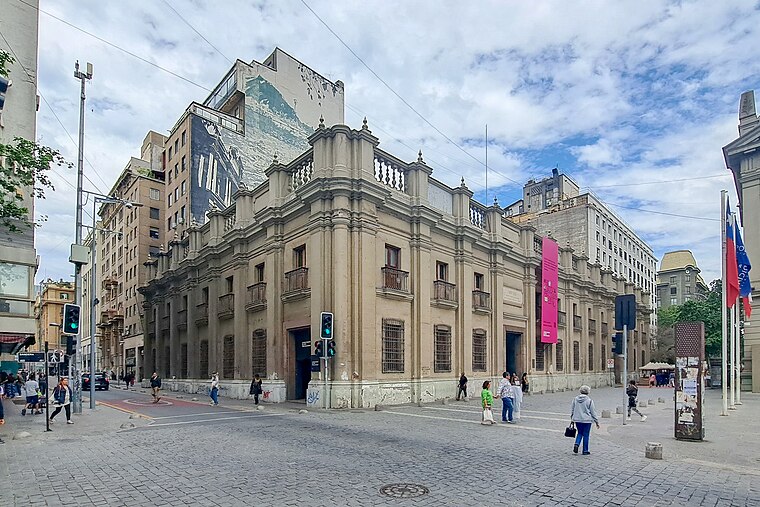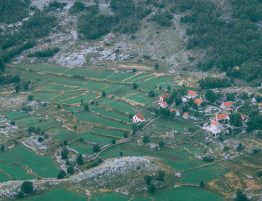
In Real Estate Chile, even after the property has been negotiated, the funds transferred, and the contract agreed upon, two essential institutions still stand between you and legal ownership in Chile: the notary public Chile and the Registrar of Real Estate (el Conservador de Bienes Raíces).
For many foreign investors, this last stage feels like a mysterious bureaucratic maze. A “black box” where documents disappear for weeks without explanation. In truth, these final steps are where your transaction becomes legally binding.
At Becker Abogados, we manage this process from start to finish, ensuring that your deed of sale (escritura de compraventa) is perfectly executed, notarized, and registered.
Here’s what actually happens behind the scenes, and why these final details matter just as much as the negotiation itself.
The Notary’s Role: More Than Just a Signature
Every property sale in Chile must be formalized through a notary. But contrary to what many foreigners expect, Chilean notaries are not simply witnesses, they are public officials responsible for verifying the legality of the documents and safeguarding the integrity of the transaction.
A Legal Gatekeeper, Not a Mediator
The notary public of Chile ensures that deed of sale (escritura de compraventa) complies with Chilean law. Confirms the identity of all parties, verifies powers of attorney, and ensures that funds are correctly represented in the deed. Their signature and official seal transform a private agreement into a legally valid public document.
However, notaries do not mediate between buyer and seller or provide legal advice. Their role is administrative, not advisory. One more reason why working with a specialized law firm is essential.
Becker Abogados prepares every clause, verifies ownership history, and submits the full file ready for signature, ensuring the notary’s review is smooth and without complications.
Custody of the “Vale Vista” and Documents
In most transactions, the buyer provides payment through a “vale vista”, a certified bank draft held in custody by the notary until all legal conditions are met. The notary releases the funds only once the seller’s obligations are fulfilled and the deed of sale (escritura de compraventa) has been properly signed. This system protects both parties, providing the same level of safety as a guaranty escrow mechanism.
The “Conservador”: The Ultimate Gatekeeper of Property Records in Chile
Once the deed has been signed by the notary, the document must move on to a final and decisive stage: the property registration process in Chile, with the Registrar of Real Estate (Conservador de Bienes Raíces). This institution is responsible for registering property in Chile and is responsible for recording all real estate transactions in the country. Only after this registration do you officially become the legal owner.
From Notary to Registry
The process begins when the notary sends the authorized deed of sale (escritura de compraventa) to the Registrar of Real Estate (Conservador de Bienes Raíces) corresponding to the property’s location. Each Conservador operates independently, reviewing documents with meticulous precision to ensure compliance with both civil and procedural law.
This stage includes verifying:
- The full legal description and boundaries of the property.
- Ownership history and any recorded encumbrances or liens.
- Payment of property taxes and municipal certificates.
- Proper notarization and date of execution.
If any irregularity is detected (even a missing comma in the property description) the Conservador can reject the registration, sending the deed back for correction. Such rejections can delay ownership by weeks and, in some cases, jeopardize deadlines linked to financing or residency applications.
Why the Conservador Matters
While the process might appear formalistic, the Conservador’s work is what gives Chile its renowned legal security in real estate. The registry’s detailed verification ensures that once your name appears in the records, ownership cannot be contested. It’s this transparency and rigor that make property registration Chile one of the most reliable in Latin America.
Our Zero-Rejection Goal: How Meticulous Preparation Prevents Costly Delays
Becker Abogados approaches the final stage with one clear objective: zero rejection by the Conservador. Achieving this requires precision in drafting and deep familiarity with how each registry office interprets the law.
Step-by-Step Oversight
Before a client even visits the notary, our team performs a line-by-line legal audit of the deed of sale (escritura de compraventa), verifying:
- Property identifiers and past inscriptions.
- Spelling and numerical accuracy in titles, boundaries, and roll numbers.
- Inclusion of all annexes, tax certificates, and municipal authorizations.
- The correct format and language required by the local Conservador.
By handling these details proactively, we eliminate the risk of “observations” (official corrections) that commonly delay registrations for inexperienced buyers or agents.
Legal Security Is Earned in the Final Steps
For foreign investors, understanding these final procedures transforms anxiety into confidence. The notary and the Registrar of Real Estate (Conservador de Bienes Raíces) are not obstacles, they are safeguards that ensure your investment is secure, transparent, and legally recognized.
At Becker Abogados, we take pride in mastering this “last mile” of the process. Our team’s precision ensures that every document, signature, and registration is executed flawlessly, providing you with the peace of mind that your Chilean property is legally and permanently yours.
The final steps are the most critical. We manage the notary and registration process with precision to ensure your ownership is perfectly recorded.









